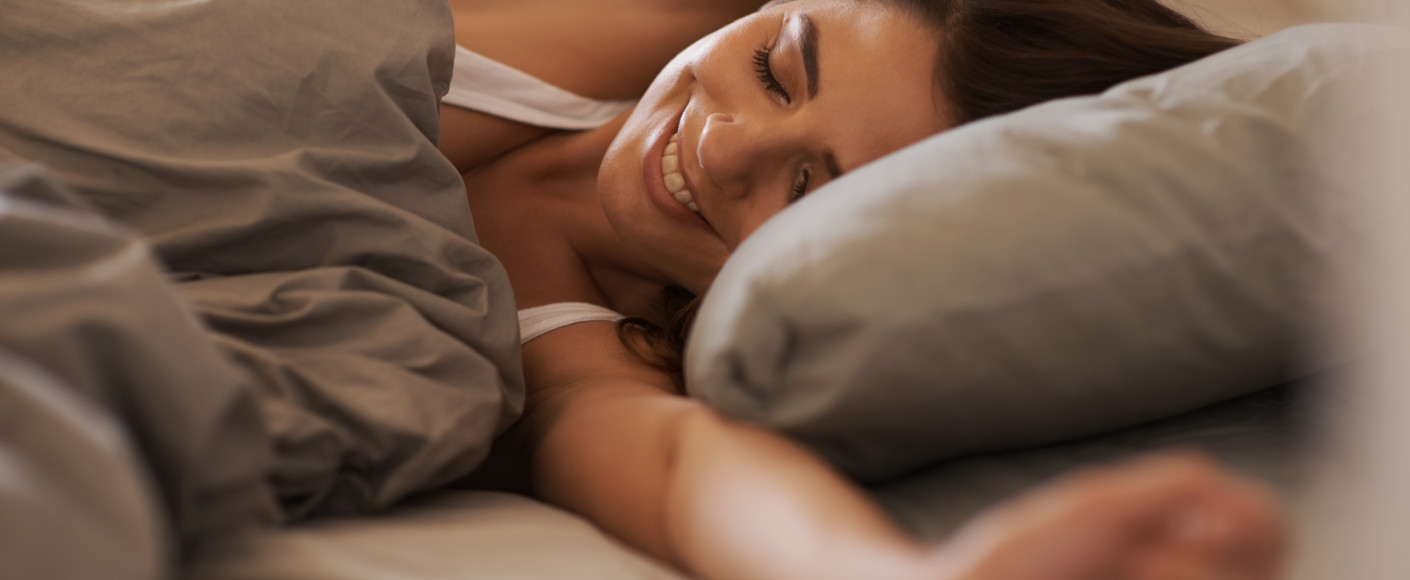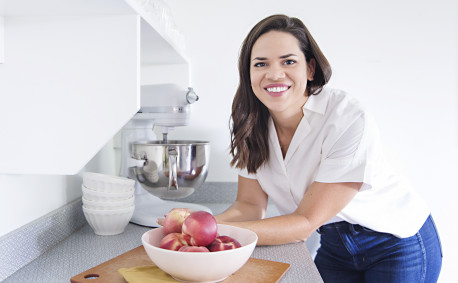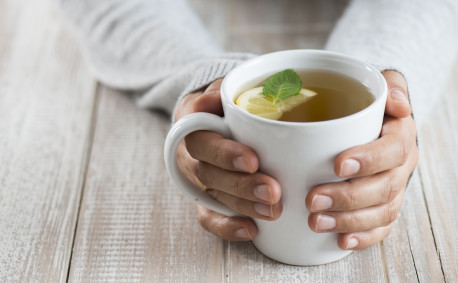Simple Diet Strategies for Great Sleep
Tired of feeling tired all the time? Does it take a Herculean effort to drag yourself out of bed and start your day, only able to muster weak grunts for anyone who attempts to start a conversation before your second cup of coffee? If you spend your days struggling to eke out any level of productivity whatsoever in between yawns, do yourself a kindness and consider a few easy diet changes that can help!
The Dangers of Drowsiness
While our individual minds and bodies all vary in countless ways, sufficient sleep is an absolute must across the board. Some of us can function well on less sleep than others, but when we’re truly running on empty, chaos ensues.
Memory is one of the main casualties, as studies have shown that our brains transform recent experiences into long-term memories only during the deep REM sleep that occurs after about an hour to 90 minutes of interrupted snooze time. This, combined with fatigue’s tendency to make concentration difficult, results in poor learning outcomes and otherwise-avoidable accidents. The National Highway Traffic Safety Administration (NHTSA) estimates that about 91,000 crashes in 2017 officially involved drowsy drivers, 50,000 of which resulted in injuries and nearly 800 of which included fatalities. However, the consensus among the NHTSA, AAA, the National Safety Council, the National Sleep Foundation (NSF) and others is that those numbers are actually much higher, with the NSF estimating annual fatalities at 6,400.
The effects of sleep deprivation don't stop there. It can cause:
- Increased insulin resistance (and therefore type 2 diabetes),
- Increased blood pressure and risk of heart disease
- Weakened immune system
- Poor balance and coordination
- Weight gain due to increased hunger, delayed satiety (feeling full) and junk food cravings
Which Came First: The Diet or the Deficit?
If sleepiness makes you binge on doughnuts and soda, is it safe to claim inadequate sleep is the cause of a poor diet? Or does a poor diet disrupt sleep in the first place? Which is to blame? The answer is yes — it’s a vicious cycle. But when it comes to steps you can take immediately to get more quality zzz’s, diet’s an excellent place to start.
The quality and quantity of your sleep are directly related to the quality and quantity of the food you consume, so here are a few ways to achieve better sleep by way of your stomach:
DO
- Avoid eating three or four hours before hitting the hay. If hunger threatens to keep you awake, choose complex carbohydrates. These carbs, such as green peas, potatoes, oatmeal, and whole-grain breads or cereals, are ideal because they’re easily digested. Digestion already slows during sleep, and asking too much of your GI tract can cause indigestion and other issues that prevent you from falling and staying asleep.
- Select foods containing melatonin to supplement your body’s natural production of this hormone, which manages your circadian rhythm in response to sunrise and sunset. Examples include tart cherries (or a small glass of their juice), eggs, milk (ever heard of a glass of warm milk before bed?) and nuts (almonds and pistachios are best).
- Boost your serotonin levels. This hormone is considered a precursor to melatonin and an effective snooze aid, and can be increased by eating foods high in unsaturated fats. Avocados, nuts, pumpkin seeds and olives qualify. Complex carbs also trigger a release of serotonin, so a smart (and delicious) move would be to spread some peanut butter on some whole-wheat toast.
DON’T
- Drink large quantities of caffeine, and avoid it altogether six hours before bed. That’s a no-brainer, but take care not to fall victim to hidden sources of caffeine such as chocolate, energy drinks and even decaffeinated teas and coffees.
- Eat a ribeye right before bed. Avoid high-protein foods. They’re harder and slower to digest, and frequent sleep disruptors.
- Encourage acid reflux and body temperature hikes by eating spicy foods within three hours of bed.
- better-sleep-3-simple-diet-tweaks
- Attempt to unwind before bed with a glass of wine. Alcohol may help bring on sleep, but not the deep REM sleep we need thanks to disruptions that occur as the alcohol is metabolized. You can avoid this by switching to non-alcoholic options four hours before turning in.
- Destabilize your blood sugar levels with simple carbs. If you choose sweets, breads or pastas made with white flour, your body will break them down quickly and leave you with a drop in blood sugar that results in restless sleep.
- Load up on foods high in tyramine, a chemical that can cause the release of norepinephrine and leave you too agitated to sleep. Tyramine levels increase over time, so you’ll often find it in aged meats and cheeses, alcohol and fermented foods like sauerkraut and kimchi.
Can you just buy a bottle of melatonin? Sure. There’s no shortage of available sleep supplements, but as we learned in the Best Foods to Boost Brain Function article, our bodies respond best when we meet their nutritional needs through food (unless a doctor advises otherwise due to a malabsorption issue).
If you need a little help getting good shut-eye, give these recommendations a try!





